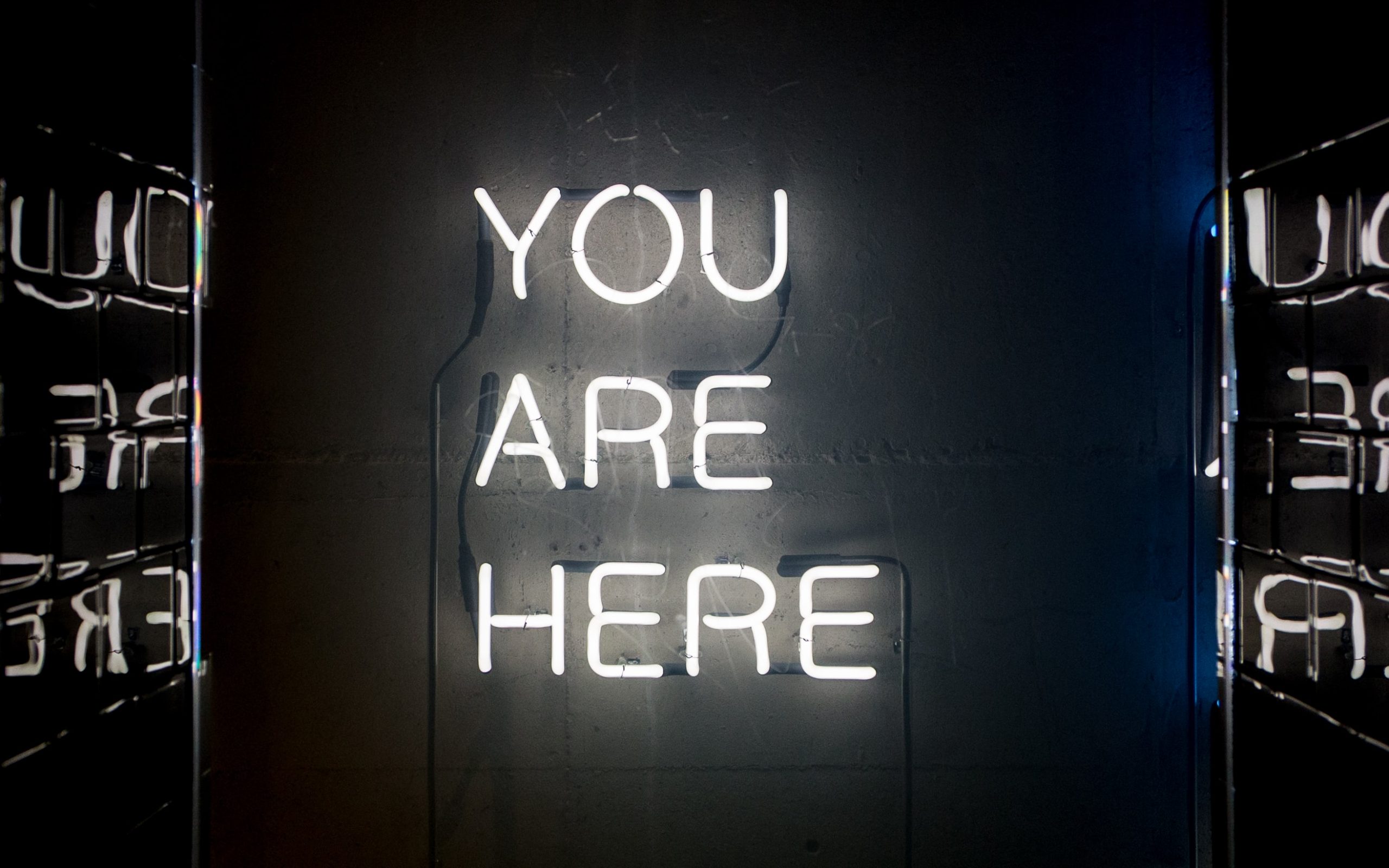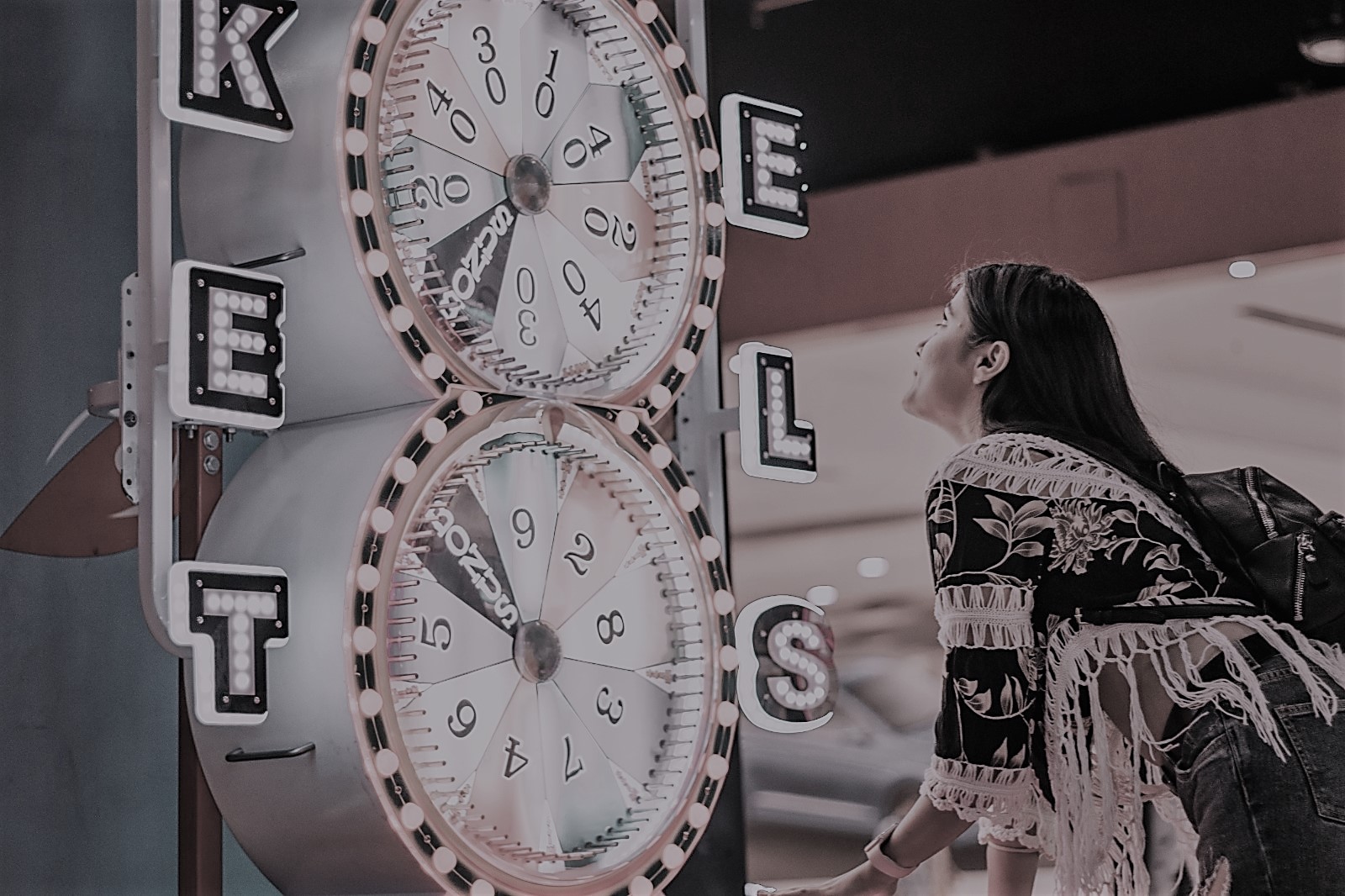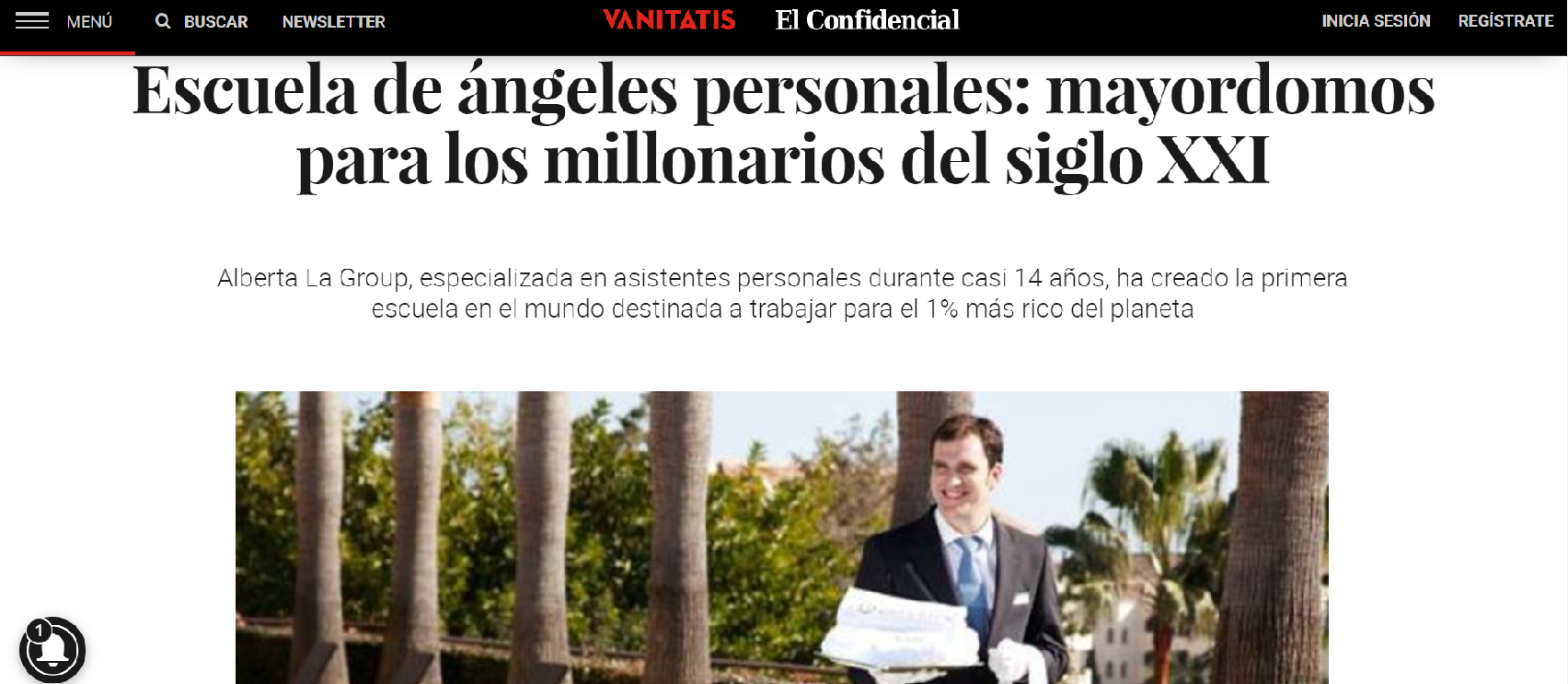Author: María José Núñez | Barcelona, October 2021
As we have already shared what the true meaning of a Personal Angel is, what the profession and their daily work involves, the truths and the myths, and what skills the job typically requires, the time has now come to analyse what kind of lifestyle truly needs the help of a PA. Fasten your seatbelts; it’s time for take-off! Your Personal Angel will be waiting for you on the runway – with those strong wings, you can be certain that they will get there before you!
(Sigue en Español)
It seems that when we talk about PAs the first thing that we always have to do is debunk the myths (and apologies for taking advantage of the word myth here). Frankly, we really need to start by getting rid of the idea – exaggerated by the world of cinema and television – that the only kind of lifestyle that requires a Personal Angel is that of extremely famous and well-known people… Pop stars, divas or superficial multimillionaires that want someone to manage their entire lives.
Of course, in this convoluted world that we live in, you can find all kinds of different cases, just as there are a plethora of different ways to be, act or to organize your personal schedule. However, it’s important to point out that the many different conditions that could make a ‘lifestyle’ susceptible to requiring a PA are far from that stereotypical image that we tend to see.
So, let’s go back to that initial question: What kind of lifestyle may require a Personal Angel? Since we love a good list and to simplify complicated issues, we have summarised it in four points:
- They are complex lives, where there are usually various elements at play: people or families with a large number of staff (at least 5 members of personal staff, but it could be as many as 30 people or more), who have to travel almost constantly and in which professional life tends to overshadow personal life with the former almost completely taking over the latter, or at least significantly reducing their free time. And that takes us on to our next requirement…
- Lives that need time management. The composition of their daily reality leads to a kind of ‘Tetris’ that is difficult to overcome. That’s why they need external help, on top of their household staff, nannies, etc, to ensure that all those different pieces fit together properly and to coordinate their ‘to-do list’ of all the things that the individual in question will not have time to do.
- Of course, we are talking about ways of living that are a long way from a ‘typical’ lifestyle that most people are used to. We are talking about high net worth individuals; lifestyles in which we might encounter situations such as organising a large party with influential guests or getting a yacht ready to go travelling the next day, or making sure the house where they are going to stay is perfect for them when they arrive at their destination. And that’s exactly what a PA takes care of.
- A lifestyle where luxury reigns. The simple fact of having a Personal Angel already emits the signal that your everyday pace is not the same as it is for most people, and that you need someone who has the capability to coordinate everything that you don’t have time to do and to delegate… It means you can delegate all those activities, tasks and errands to that person. And of course, you can use your economic resources to make sure that the PA takes care of them in the most efficient way possible. Objective: the tasks completed by your PA mean more time for you, for your family, for your job, for you to enjoy… that’s for you to decide. Because that’s your lifestyle.
“A Personal Angel works for the client under the strictest confidentiality, ethics and discretion. These are non-negotiable within this profession”
We could be more specific about the kind of lifestyle that requires a PA, but it would be impossible to be sufficiently rigorous or fair… There are as many different lifestyles as there are lives, cultures, families, economic factors, social situations and different circumstances (the current situation with the pandemic, for example). But if one thing remains clear, it’s that all of this takes us to the same place: time and how it can be managed. In the words of the Greek philosopher, Theophrastus: “Time is the most valuable thing a man can spend”. In the end, it is a gift and we have no idea when it will run out. If you have within your grasp a way to make sure you invest it in the best way possible, why not take advantage of that? That is the essence of Lifestyle Management.
Copyright © by Alberta La Grup
If you wish to re-print this article or photos, that’s fine.
Just include the biography at the end of the article. Thank you!
Photo Credits: Pixabay
Translation: Emily Benton
Qué estilos de vida requieren de un Personal Angel
Autora: María José Núñez | Barcelona, Octubre 2021
Ahora que ya hemos difundido lo que engloba el significado de Personal Angel, de qué trata esta profesión, cuáles son sus funciones, los mitos y las verdades y, además, las aptitudes que reúnen, creemos que llega el momento de analizar qué estilos de vida requieren, verdaderamente, de la existencia de un PA. ¡Abróchense los cinturones, que vamos a despegar! Tu Ángel Personal te espera en la pista de aterrizaje, pues con sus extensas alas da por hecho que llegará antes.
Parece que, cuando hablamos de PAs, lo primero que haya que hacer -siempre- es desmitificar (y disculpad el abuso de la palabra ‘mito’). Francamente, sí, tenemos que empezar por quitarte la idea -hiperbolizada por el mundo del cine y la televisión- de que el estilo de vida que requiere de un Personal Angel sea el de alguien famoso, extremadamente conocido… Lo que viene siendo una estrella mundial del pop, una diva o un multimillonario superficial que quiere que se encarguen de gestionar su vida entera.
Obviamente, en este mundo enrevesado en el que vivimos, tiene que haber de todo, al igual que multitud de maneras de ser, actuar y organizar una agenda personal. Sin embargo, hemos de señalar que, si tenemos que ponernos serios y hablar de una serie de condiciones para tener una ‘lifestyle’ susceptible de necesitar un PA, quedaría muy lejos de esa imagen estereotipada que se tiene, generalmente.
Entonces, vamos a la cuestión inicial: ¿qué modos de vida son los que han de ir ligados a la figura del Personal Angel? Como somos muy de elaborar listas y de simplificar las cosas complicadas, lo razonaremos de manera muy resumida en cuatro puntos:
- Se trata de vidas complejas, donde suelen entrar en juego la existencia de diversas propiedades; se trata de personas/ familias con mucho personal a su alcance (con un mínimo de cinco miembros de personal que pueden llegar incluso a las treinta personas o más); con la exigencia de realizar viajes casi constantemente y donde la vida profesional suele eclipsar bastante a la personal, pues la primera se ‘come’ (por así decirlo) a la segunda. O al menos, le resta tiempo. Y ahí entra el siguiente requisito…
- Vidas que necesitan gestionar su tiempo. La composición de realidad diaria resulta un ‘tetris’ difícil de superar. Con lo cual, para que todas las piezas del puzzle encajen, han de tener esa ayuda externa, aparte de personal de servicio, nanny, etcétera, que dirija todos aquellos aspectos de su ‘cuaderno de tareas’ -por así decirlo, que no pueden ser llevados a cabo por el individuo en cuestión.
- Evidentemente, son formas de vivir ajenas a la vida ‘corriente’ a la que la mayoría de personas están acostumbradas. Se trata de gente con alto poder adquisitivo y de elevados patrimonios. Lifestyle donde pueden darse situaciones en la que haya que organizar una gran fiesta con invitados influyentes o disponer de un yate para viajar al día siguiente, y que la casa donde vaya a alojarse esté perfectamente dispuesta cuando llegue a su destino. Y de todo ello, se encarga el PA.
Una vida donde prima el lujo. El hecho de disponer de un Ángel Personal ya es una señal que envías al mundo de que tu ritmo vital no es como el del resto, que precisas de una figura que tenga la capacidad de aunar todo aquello a lo que no puedes dedicar tu tiempo y delegar… Delegar en esa persona las actividades, acciones y/o trámites. Y sí… puedes emplear tus recursos económicos para que el/la PA los efectúe de la manera más diligente posible. Objetivo: que ese cometido perpetrado por el profesional contratado derive en mayor tiempo para ti, para tu persona, para tu trabajo, para tu tiempo libre… eso lo decides tú. Porque ése es tu estilo de vida.
“El Personal Angel trabaja para el cliente bajo estrictas medidas de confidencialidad, ética y discreción, condiciones indispensables para el ejercicio de esta profesión”
Podríamos ser más concretos en las condiciones de vida que demandan un PA pero nunca seríamos lo suficientemente rigurosos ni justos… Porque maneras de vivir hay tantas como vidas (valga la redundancia otra vez), culturas y situaciones familiares, económicas, sociales y coyunturales (véase la situación actual de pandemia). Pero si algo vemos claro es que todo nos lleva a un mismo lugar: el tiempo y cómo gestionarlo. Como dijo el filósofo griego Teofrastro: “El tiempo es la cosa más valiosa que una persona puede gastar”. Al final, es un regalo que nunca sabemos cuándo se va a desgastar. ¿Si tienes al alcance de tu mano saber enfocarlo de la mejor manera posible, por qué no aprovecharlo? Ésa es la esencia del Lifestyle Management.
Todos los derechos reservados ©by Alberta La Grup
Si quieres publicar este artículo o fotografía, está bien. Sólo debes incluir la biografía, autor y esta información sobre los derechos. Gracias.
Créditos fotografía: Pixabay
Traducción: Emily Benton








